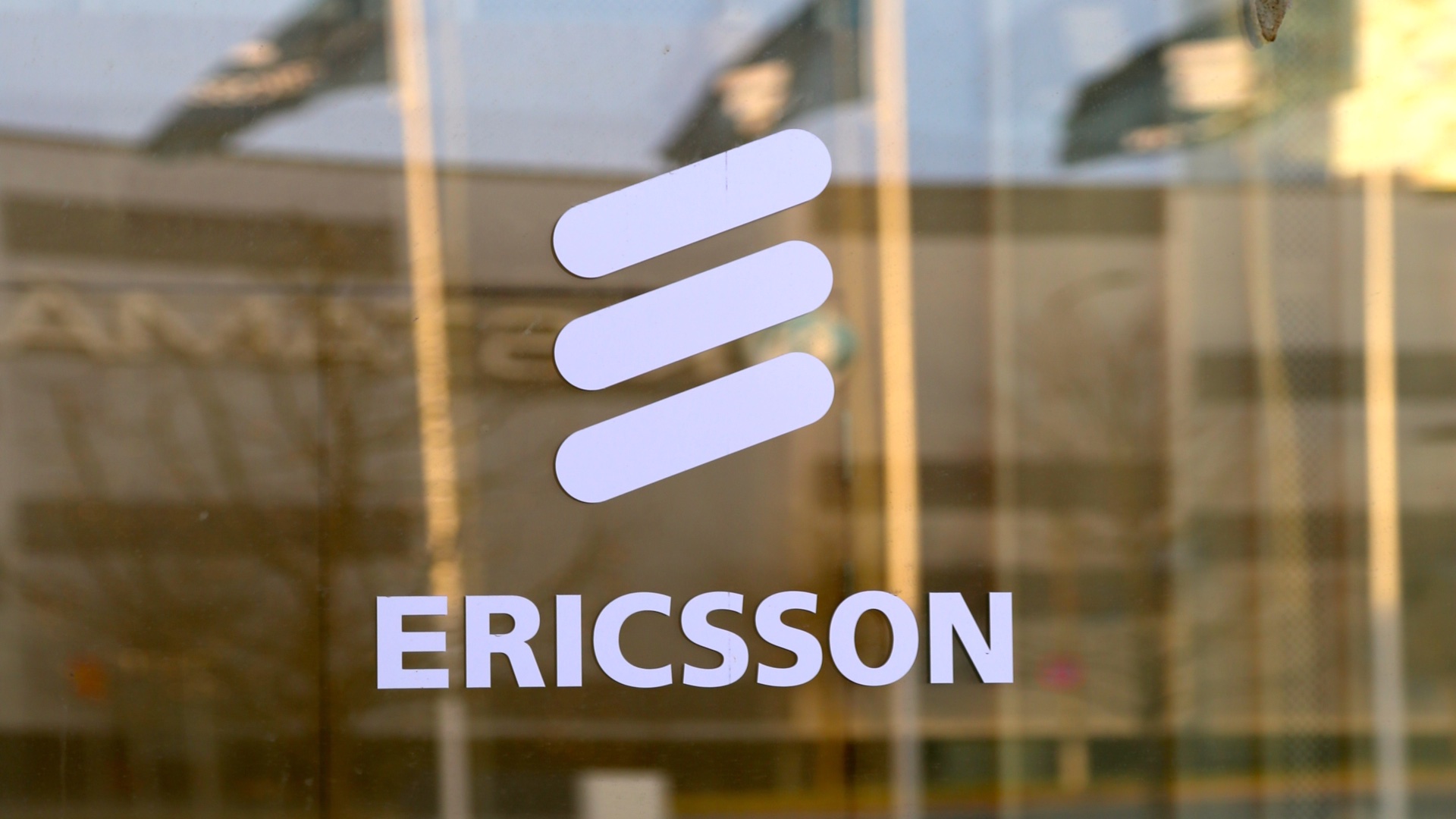The Ministry of Culture and National Heritage has launched a consultation on imposing a 1% reprographic fee on new smartphones, laptops and tablets. The move is expected to increase revenue for artists by PLN 150-200 million a year, but raises fundamental questions about the sense of such a solution in the age of streaming.
The Ministry of Culture wants to update the 1994 legislation, which was intended to compensate creators for losses resulting from copying their works for personal use. The current list of devices covered by the levy is archaic – including VCRs and cassette players. As a result, Poland has only collected PLN 35.8 million from this levy in 2024, one of the lowest figures in the EU. By comparison, in Germany the levy generates around €330 million per year.
The new proposal simplifies the system, reducing the number of device categories from 65 to 19 and lowering the rate for previously covered media. The key change, however, is to extend the levy to all new consumer electronics. The levy is to be collected from manufacturers and importers.
The main axis of contention, however, concerns the validity of the idea itself in 2025. The argument against is the dominance of streaming services such as Spotify or Netflix. Users pay subscriptions to access content, and the practice of copying music or movie files to device drives has become marginal. Today, the smartphone is mainly used for communication and consumption of online content, rather than as a medium for copying.
IT industry representatives point out that the additional charge may encourage consumers to shop abroad. Interestingly, some EU countries, such as Finland and Spain, have abandoned similar charges, deeming them outdated.
The ministry, presumably to avoid a presidential veto that blocked a previous attempt, is proceeding with the change in the form of a regulation. The public consultation will last 30 days. If the regulations come into force on 1 January 2026, market analysts expect a sales peak in December 2025, when customers will want to avoid increases.












